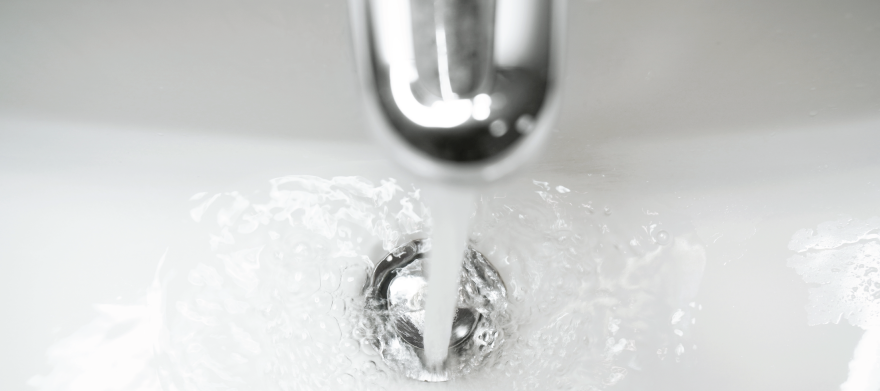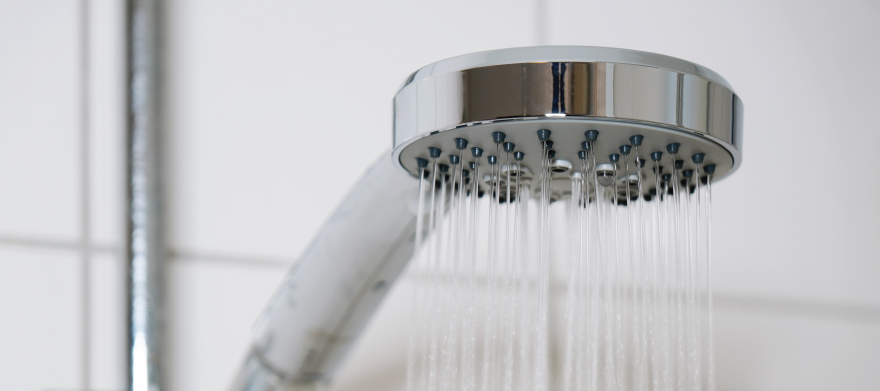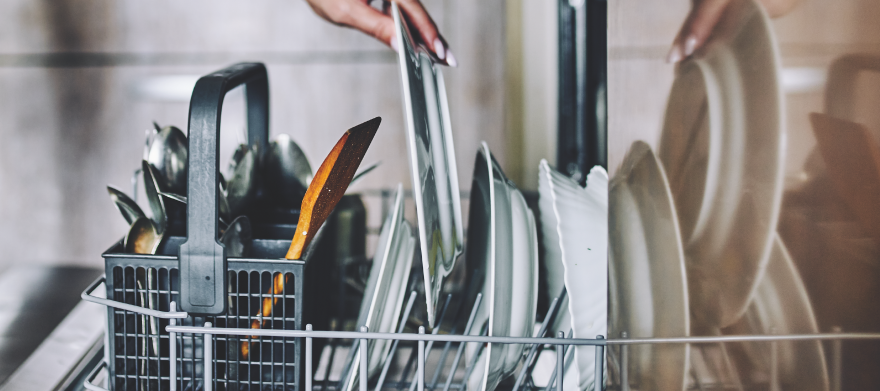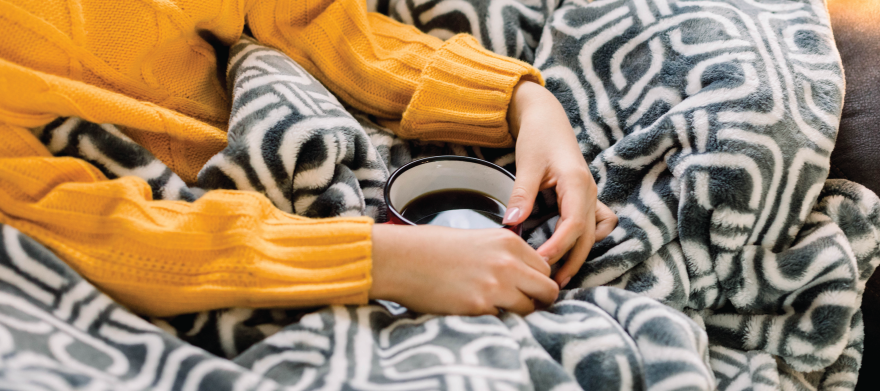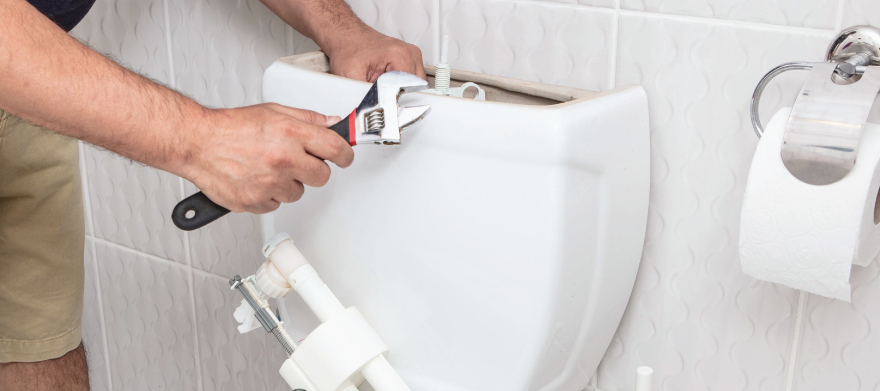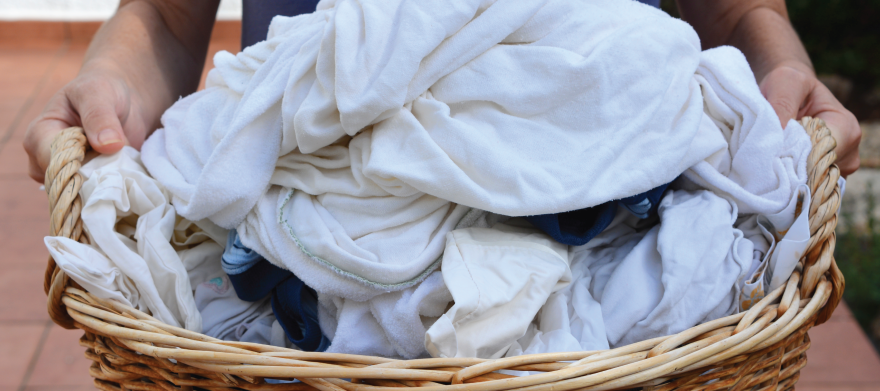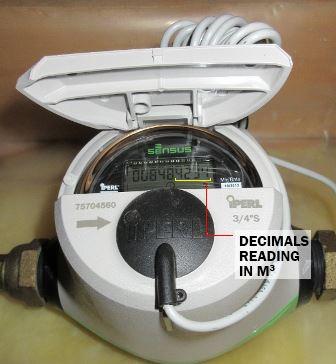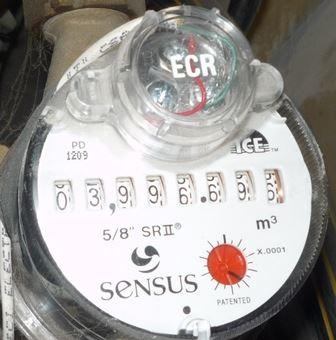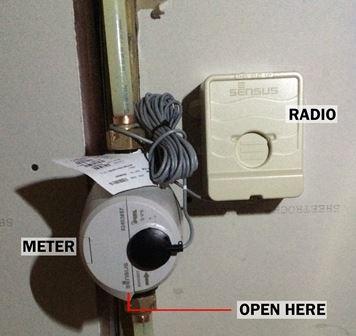In 2023, the Cochrane water treatment plant produced 3,126 million litres of water. Approximately 2,006 million litres of this was consumed in residential homes.
The average residential home used 388 litres/day during the winter and 494 litres/day during the summer. On a monthly basis, this works out to an average consumption of 11.4 cubic metres (11,400 litres) and 14.4 cubic metres (14,400 litres) respectively.
Water use check: things to look for at home
Concerned about your water use? Check the following around your home for leaks or excess water use.
Typical household water use
If you are concerned about your household water use, consider comparing your household use to the average water use for certain fixtures and appliances. This can help give you a sense of whether you are using more water than expected:
- taking a 10-minute shower with a low flow shower head uses 76 litres of water
- one high efficient dishwasher load uses 15 litres of water, older dishwashers might use up to 40 litres per cycle
- washing a load of laundry in a high-efficiency machine uses about 45 litres, an older machine might use 140 litres per load
- flushing the toilet four times a day uses 19.2 litres daily (around 4.8 litres per flush), an older toilet (13 litre per flush) would use 52 litres daily
- using a lawn sprinkler for 15 minutes uses about 225 litres
- a water softener regeneration cycle uses between 135 and 2500 litres, depending on the size of the tank and system settings
- a furnace humidifier uses about 45 litres per day, this is dependent on the humidistat setting
Household Conservation Tips
It's also good to keep in mind ways to conserve water when thinking about your household water use. Here are a few helpful tips:
Water meters
Cochrane uses two kinds of water meters to measure water use. All properties are equipped with radio transmitters that are used to collect monthly meter readings. Of these radios, 77 per cent are equipped with the function of storing hourly meter readings for 35 days.


